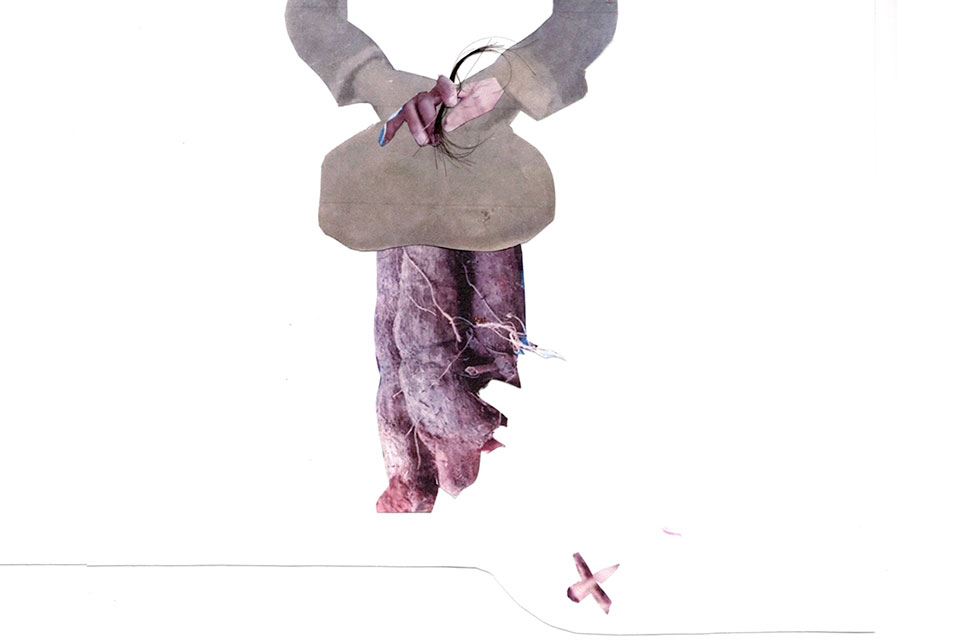mothersline

Series editor’s note: In Aracelis Girmay’s new poem, the speaker traces their lineage to an unnamed foremother, one made with the very same elements of the earth. And this foremother is not just a knowing, it is a girl, a shriek, a gold, who does a carrying beyond herself, an ancestor mother who feeds, who catches knives, who leads, who is both flower and war, who becomes a thing othered for the sake of her kind. In this gentle tracing of matrilineage, the poet not only bears witness to the worlds that continue to bind our foremothers, but she also writes them into being; by recognizing one ancestor, and carrying her with this poem, the poet sets her free, and us, on the page, from a world that was, a world that wasn’t; and this claiming of us is so strange, so sweet, as our knowing has grown coarse with things that continue to bind us, over and over again. But here, in this poem, we too become her tamarind, her yam astride, writing ourselves into her roots, to reach a clearing from these storms that continue to churn us inside out. – Mahtem Shiferraw
mothersline
by Aracelis Girmay
and though she was the river silt, and gold
and though she was the drop of rain
and just a skinny bitty
dandelion of a girl,
anytime they needed someone
to carry the pots, to catch the knife,
to walk in front,
it was her they put
and though she was the shriek inside her mother’s bed
and was the war and not supposed to be the flower
and when she laughed she did not hide the silver
and was their dog and was not free
and was the man and for the man
she heard the tumbao, she still made dance
so when one foot touched ground one foot touched air
one foot for the world that was, one foot for the world that wasn’t
so front so back through the door inside the drum, la vida te da
and what rode her head she could not lose
and what opened her free she pressed inside
my tamarind my motherling my yam astride
the dark
she wrote her root into the dirt
and though and though
and though and though and though—
the green she was she was
awhile
Editorial note: Black Voices is a special series guest-edited by Mahtem Shiferraw and sponsored by the WLT Puterbaugh Endowment, which makes possible the biennial Puterbaugh Lit Fest.












